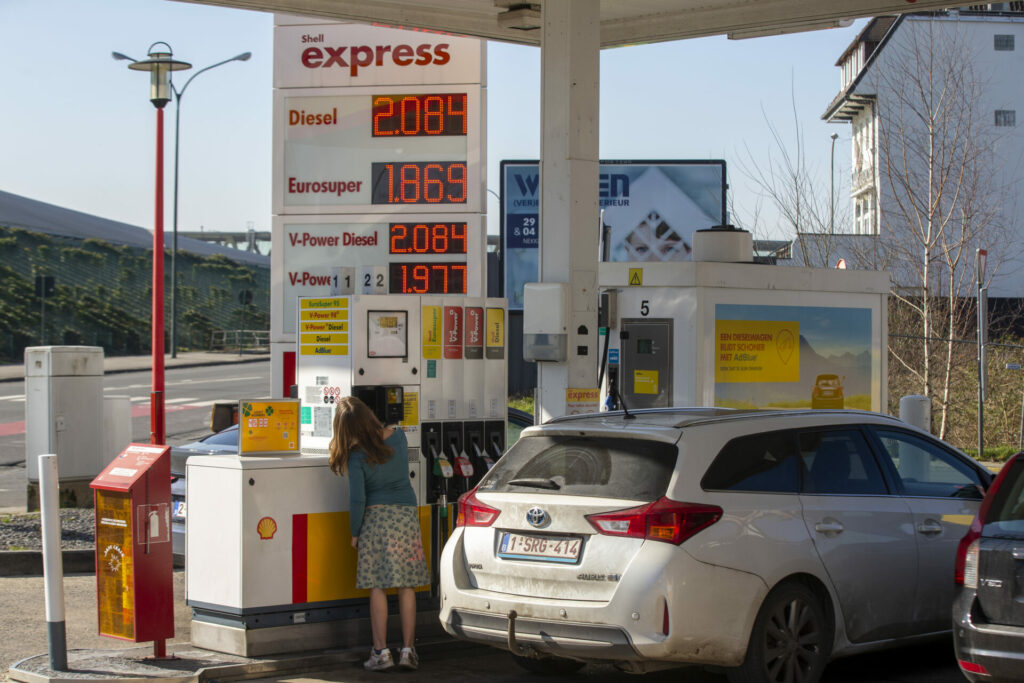Though still far higher than last year, the price of a barrel of oil has dropped below $100 again and prices at fuel pumps are back to under €2 per litre. Both petrol and diesel have lowered in price this summer.
But will prices ever fall back to those seen before Russia’s invasion of Ukraine? Though slight fluctuations are to be expected, a sustainable decline remains unlikely in the near future, Le Soir writes.
Energy prices have been soaring since Russia launched a military offensive on Ukraine on 24 February. On the eve of Russia's invasion, oil cost $95 per barrel. On 8 March, the price of a barrel had risen almost 40% to $128 per barrel.
Oil and gas
With the war ongoing, expectations were that oil would not drop below $100 per barrel anytime soon. However, at the beginning of this summer, the price started to decline.
Despite a looming recession and growth forecasts being revised downwards, prices have still dropped. At the same time, China’s central bank has lowered its key rates in order to boost its economy.
Conversely, as the global economic outlook deteriorates, demand for oil has dropped, prompting a resultant drop in prices. “Other factors also played a role, such as improving relations with Iran on the nuclear issue, which could see this oil-producing country return more actively to the market”, comments Xavier Timmermans, strategist at BNP Paribas Fortis.
Despite Europe's efforts to wean itself off Russian oil exports, this simply means that it will be directed towards other regions.
Related News
- EU economy grows 0.6% in second quarter of 2022
- From finance to energy: The sectors profiting from high inflation
- No crisis for the rich: Luxury sector 'booming' despite war and inflation
Unlike oil, the price of gas continues to rise but now a number of energy-intensive industries are preparing to “switch” from gas to oil, which could mechanically support demand for the latter in the coming months.
In addition, the long cycles of the oil market have to be taken into account. “The current supply is constrained and the context is very different to six or seven years ago when the price of a barrel fell to $30 dollars," Timmermans stated.
The low prices curtailed investments by oil companies, a trend which was continued during the Covid crisis. "As a result, we are that we are not very far from a production ceiling; it wouldn't take a big rise in demand to push prices back up.”
Jean-Benoît Schrans, head of communications for the Belgian energy companies' federation Energia, stressed the unpredictability in the oil and gas sectors: "On the one hand, there is the economic slowdown and dip in demand for the moment. Yet on the other, the Ukraine crisis can get worse and Chinese demand can quickly recover, which could push prices upwards."
"Furthermore, it remains unclear how producing countries will modulate their supply according to these developments…"

